21 Specific Learning Disability

This section includes the IDEA definition of the disability from federal law, along with specific information about eligibility criteria in Virginia. In addition, there is information about the prevalence, causes, and characteristics of this disability, along with specific strategies and accommodations that can meet the needs of students with this disability.
IDEA Definition
Specific learning disability—
Eligibility Criteria
VDOE Supplemental Guidance for Evaluation and Eligibility Virginia-specific guidance document that includes sample eligibility checklist (Refer to Table of Contents pages 2-4 and click on page number for disability category)
Advocacy organizations
Council for Learning Disabilities – an international organization dedicated to advocacy, education, and collaboration to support individuals with learning disabilities.
Division for Learning Disabilities (CEC) – Information and resources for supporting and teaching students with learning disabilities
ABOUT specific learning disability
Prevalence
National Center for Education Statistics – This site shows the most recent statistics about students with disabilities, including a chart that shows about 1/3 of all students with IEPs have a specific learning disability.
National Center for Learning Disabilities – This national organization has a broader report addressing all students who demonstrate difficulties with learning. Their executive summary states that approximately 1 in 5 children demonstrate issues with learning or attention and 1 in 16 has an IEP for a learning or attention issue. IEPs would be under the category of SLD or OHI (ADHD).
Visit the US Department of Education’s Open Data Platform to access IDEA Child Count Data by disability category, age, and other demographic and special education variables.
Causes
National Institute of Child Health and Human Development – There is not one single cause of learning disabilities, but researchers suggest a range of factors, including genetics, exposure to drugs or alcohol in the womb, and early environmental exposure to toxins, such as lead.
Characteristics
National Center for Learning Disabilities – This report details some of the social and emotional characteristics and outcomes for students with learning and attention issues.
LD Online – This website provides a definition of learning disabilities in simple terms, along with additional descriptions of the types of difficulties that might be seen in school.
instructional strategies
LD Online – This website has a variety of links to instructional strategies to help students with learning disabilities, such as assistive technology, educational technology, and strategies relevant to specific content areas.
accommodations / modifications
LD Online – This website describes what an accommodation is and provides examples of accommodations that are appropriate for students with learning disabilities.

resources
PowerPoint PDF: Specific Learning Disability
Please use this Google Form to provide your feedback to authors about content, accessibility, or broken links.

